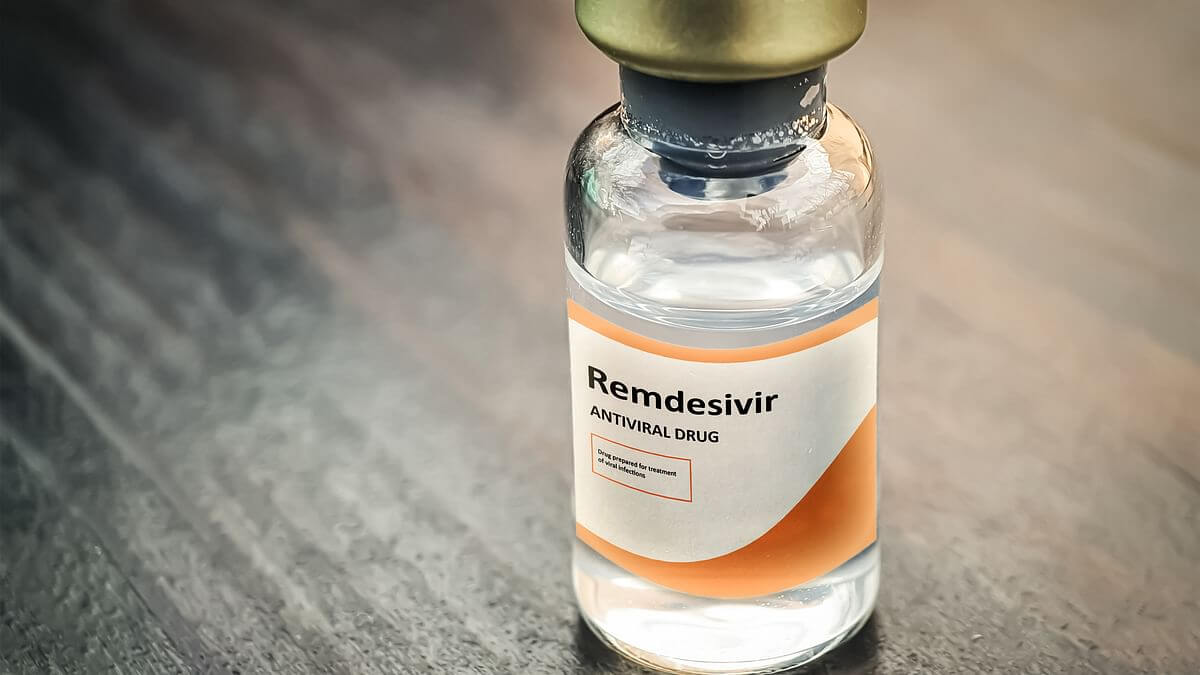Remdesivir was originally developed to treat Ebola and for some time its name was under the radar of mainstream media and the public eye. However, when we got hit by the coronavirus pandemic, the name Remdesivir circled the world and was considered the “silver bullet” that will stop the spread of the coronavirus.
But before we go into what happened, the effects of Remdesivir in the treatment of patients infected with COVID-19, and at where it stands today, we need to take a step back through its history lane.
The drug was developed by Gilead Science Inc. They first started developing Remdesivir more than a decade ago in 2009 as part of their efforts to find treatment for both respiratory syncytial and hepatitis C. During the many testing cycles, Gilead’s researchers find out that the Remdesivir featured a broad-spectrum antiviral activity. That made them think that they can use it as a treatment for the Ebola virus.
Unfortunately, Remdesivir didn’t live up to its hype and was dismissed on account of two other drugs.
At the same time, Gilead’s researchers didn’t give up on Remedesivir completely. Instead, they tested their drug against SARS and MERS, two other coronaviruses. They managed to conduct only animal studies before being shut down. Their research was stopped simply because there were just a few active SARS and MERS cases at that time.
When the coronavirus first started in China, Gilead Inc provided Remdesivir to the Chinese medical authorities. That’s when the news broke out that there is a drug that can potentially be used to treat the new virus that was spreading with lightning speed. Social media and news outlets across the world interpreted Remdesivir as a sure thing. Soon after, the first results came, along with the results of the initial clinical trials. As a result, today we know much more about Remedesivir and its effects on the coronavirus.
So before you buy Remdesivir, here is what to expect from it.
As a standalone drug, Remdesivir didn’t show any significant results against COVID-19. Some studies were pointing to the idea that taking Remedesivir in the early stages of the infections might be beneficial. Some researchers suggested that the drug needs to be taken two weeks into the infection.
On the other hand, additional studies suggested that a combination of Remedesevir with another drug called Baricitinib could be somewhat more efficient than using Remedesevir on its own.
The thing with Baricitinib is that it is proven to be effective in handling the immune system, which according to many researchers often leads to complications that damage the human’s organs. Remedesivir as we know stops the replication of the virus. When taken the two in combination, they attack the COVID-19 on multiple fronts.
All in all, combining Baricitinib and Remedesivir provides a 10 to 15% improvement, but it doesn’t eradicate the coronavirus in full. At the same time, that 10 to15% improvement is often enough for some people not to be on the bad side of the statistics.
